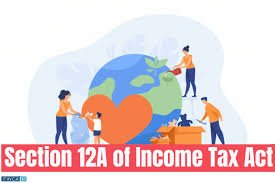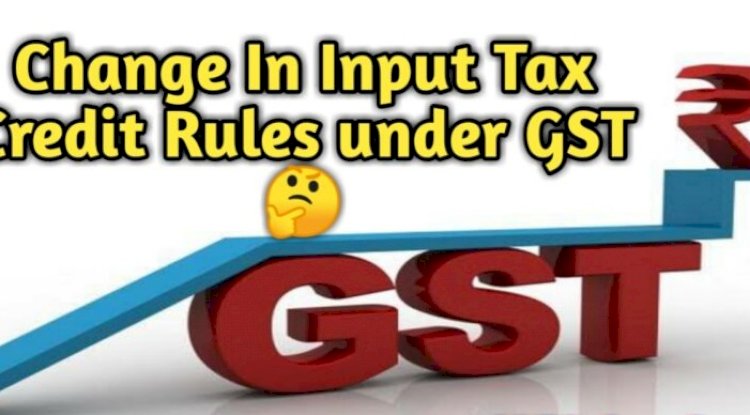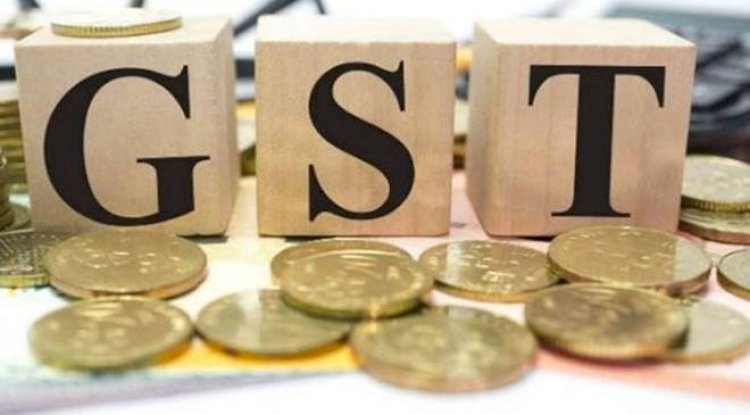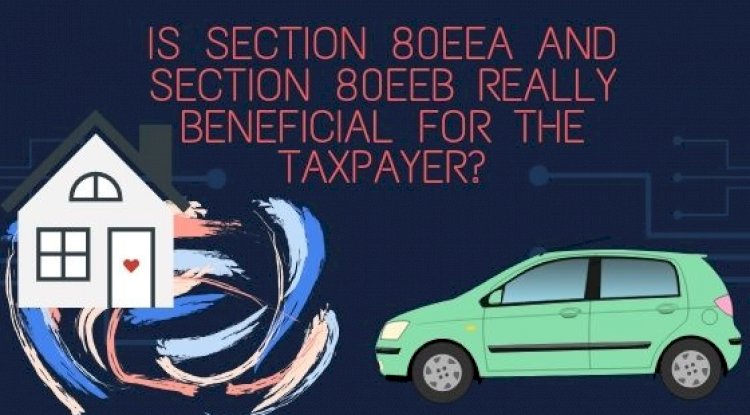SECTION 80G AND 12A UNDER INCOME TAX ACT
Section 80G
1.INTRODUCTION
Contributions made to certain relief funds and charitable institutions can be claimed as a deduction under Section 80G of the Income Tax Act. All donations, however, are not eligible for deductions under section 80G. Only donations made to prescribed funds qualify as a deduction. This deduction can be claimed by any taxpayer – individuals, company, firm or any other person.
2.NEW REGISTRATION
- New registration will be approved for 3 years, after that re-approval should be taken which will extend the registration for 5 more years.
- Application for reapproval should be taken at least 6 months prior to the validity period.
3.EXISTING REGISTRATION
- Should be revalidated and application should be submitted within 3 months from the date of effect of order (i.e., 1 April 2021)
Revalidation will be valid for 5 years
4.DOCUMENTS REQUIRED FOR 80G REGISTERATION:
Registration under this section will be processed by the Commissioner of Income Tax after receiving an application from the applicant in Form 10G. The application should be accompanied by the following documents:
- Registration Certificate
- MOA /Trust Deed
- NOC from the proprietor of the land where the registered office is situated.
- Copy of the Pan Card of the Trust/Institution.
- Copy of electricity bill, house tax receipt, or water bill
- Proof of welfare activities pursued
- Progress Report since the foundation of the NGO or for the previous 3 years
- The statement of accounts and balance sheet since the foundation/previous 3 years
- List of contributors along with their address and PAN.
- List of governing body of trustees with their contact details
- Copy of registration granted under section 12A or copy of notification issued under section 10(23)or section 10(23C)
5.Who can avail tax savings under 80G?
- A person who makes an eligible donation is entitled to avail tax exemption under 80 G.
- Donations made to listed trust and organizations only qualify for deduction u/s 80G
6.Who cannot avail tax savings under section 80G?
- If a donation is made to a foreign trust you cannot qualify for tax savings under section 80G.
- If donations have been made too one or more political parties you cannot avail or claim deduction for such donations. Deductions cannot be claimed even for printing or publishing of brochures, flyers and pamphlets
- Donations by NRI if made to eligible institutions and trusts also qualify for tax exemption under section 80G.
- If donation is made from salary and if the donation receipt carries the name of the employer then employees can claim deduction under section 80G
- 7.Conditions to be fulfilled to be eligible to apply for section 80G registration
- NGO should not earn any income other than exempted income and if there is any business income then books of accounts of that is maintained separately
- The donations received for NGO should be used for NGO only.
- Objectives of the institution should be only of using income for charitable purpose.
- Institution should not belong to any particular caste community, religion.
- Should maintain regular accounts for all income and expenses.
Institution should be registered under society act, section 8 of companies act or any other similar act.
8.Percentage of Deduction under Section 80G
-
-
-
- Payments made to Prime minister relief fund is eligible for 100% deduction u/s 80G without any limit
- Deductions made to trusts like “Indira Gandhi memorial trust” is eligible for 50% deduction without any limit.
- An approved institution i.e. institutions promoting and encouraging family planning is eligible for 100% exemption u/s 80G
-
-
Any charitable trust that falls under the list is eligible for 50% deduction u/s 80G.
9.Mode of Payments Eligible for Tax Deduction
-
-
-
-
- Donations made as gifts do not qualify for tax exemption or benefits. During a disaster such as floods, earthquake the donations made in kind will not help you with tax benefits.
- Only cash or cheque donations qualify for tax exemption
-
-
-
Donations can be deducted from salary and donation receipt should be obtained on the name of the employer. This will allow employees to claim exemptions under section 80G.
SECTION 12A
1. INTRODUCTION
- This tax relief was introduced, keeping in consideration that non-profit entities work for social welfare and not for generating profit. Owing to their selfless contribution towards the society, they are exempted from taxes that come under the purview of Section 11 and Section 12.
- Required to fill Form 10A to register under section 12A.
2. ELIGIBILITY CRITERIA
Entities who are engaged with social welfare are considered eligible to register under 12A
- Incorporated Trusts
- Section 8 companies and trusts
However, private or family-owned trusts and charities cannot qualify for this Act.
3.Documents Required for 12A Registration
- A self-certified copy of the instrument which was used to create the trust or establish the institution shall be submitted.
- The institution or trust may have been created otherwise than by way of drafting and registering an instrument. In such cases, a self-certified copy of the document evidencing the creation of the trust, or establishment of the institution should be submitted to the Income Tax Department.
- It is necessary to submit a self-certified copy of the registration, which was made with the applicable body. The applicable body may be the Registrar of Companies, the Registrar of Firms and Societies or Registrar of Public Trusts.
- A self-certified copy of the documents which provide evidence for adoption or modification of the objectives of the entity shall be submitted.
- Annual financial statements for three preceding financial years
- Note on the activities conducted by the entity
- In certain cases, the Income Tax department may cancel the registration granted under this section. After rectifying the default, the assessee is allowed to make a subsequent application. In such cases, it is necessary to submit a self-certified copy of the existing order granting registration.
- The assessee may have previously applied for registration under this section. The application may have been rejected. In such cases, a self-certified copy of the order of rejection should be attached with the application.
4. NEW REGISTRATION
- New registration will be approved for 3 years, after that re-approval should be taken which will extend the registration for 5 more years.
- Application for reapproval should be taken at least 6 months prior to the validity period.
5. EXISTING REGISTRATION
- Should be revalidated and application should be submitted within 3 months from the date of effect of order (i.e., 1 April 2021)
- Revalidation will be valid for 5 years
6. Benefits of 12A Registration
The benefits of Section 12A Registration are the following:
- The fund used for charitable or religious purposes is considered to be the application of the income. The income application refers to the expenses used for charitable or religious purposes for calculating the taxable income of the not-for-profit organisation.
- The income received will be free from the charge of Income Tax.
- The person who is registered under Section 12A can avail benefits for accumulating or setting aside income. However, the income which is set aside should not be more than 15% of the amount applied towards charitable or other non-commercial purposes.
- The accumulation of income which is considered to be the income application shall not be included in the assessee’s total income.
- NGOs are entitled to receive grants as funds from domestic and international sources. These agencies are entitled to provide grants to NGOs which have obtained registration under this section.
- The registration which is granted under Section 12A shall be treated as a one-time registration. Once the registration is made, the registration will be active until the date of cancellation.
- There is no requirement to renew the registration periodically. Hence, the registration benefits can be claimed NGO as and when the requirement arises.
7. Eligibility for 12A Registration
- In order to qualify for registration under Section 12A, the organisation should meet the definition of charitable purpose as defined in the Income Tax Act. Charitable purpose means relief to the poor, education, medical relief and activities undertaken with the objective of preserving the environment. The pursuit of any other objective of a public utility will also qualify for a charitable purpose.
- The primary qualifying criterion will be to check whether there is any profit motive involved in the activities carried on by the assessee. In the absence of a profit motive, registration shall be granted.
- If the assessee is carrying on activities related to trade or commerce, then the facility granted under this section is restricted. In such cases, registration is granted exclusively if the receipts from the trade activity are less than twenty per cent of the total receipts of the assessee.
- Also, it may be noted that 12A Registration is not applicable for Private or Family Trusts. The activities of the assessee should be genuinely for the benefit of the public.
What's Your Reaction?























